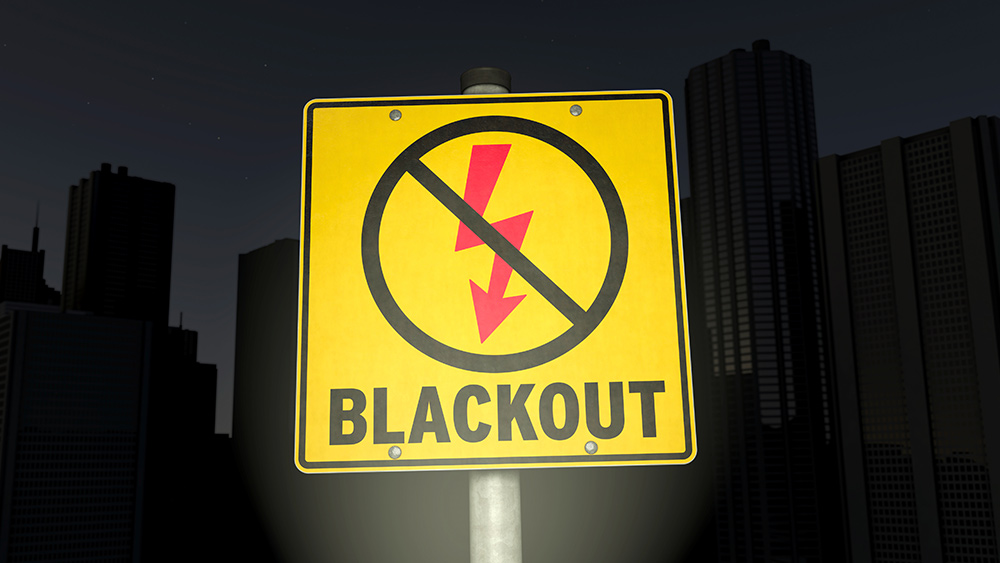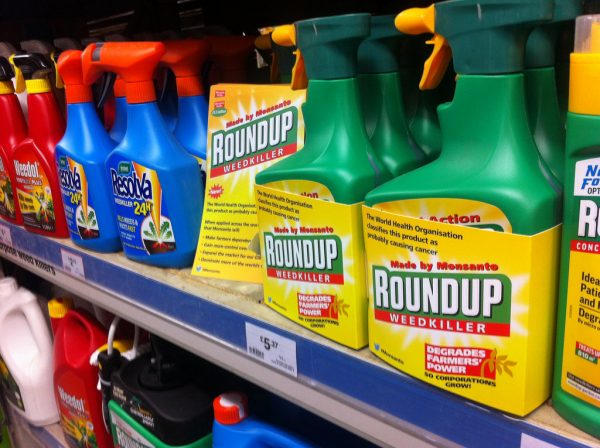 Parler
Parler Gab
Gab
- Gov. Katie Hobbs signed a bill requiring age verification for adult content websites, effective 90 days after the legislative session ends. Platforms must use digital IDs, third-party services or "commercially reasonable" methods to confirm users are 18+.
- Non-compliant sites face lawsuits from parents, with fines up to $250,000 per minor access violation, $10,000 daily for non-verification and $10,000 for retaining user data.
- User data cannot be stored post-verification or shared with government entities. Exemptions apply to news orgs, ISPs and search engines.
- Arizona joins Texas and Louisiana with similar laws. Texas's SB 2164/HB 3585 mandates ID scans or third-party checks for sites with more than one-third adult content, banning data retention.
- Supporters argue these laws protect children from explicit content, with Texas Rep. Nate Schatzline calling it a "no-brainer" to curb industry exploitation of minors.
U.S. states have been passing age verification laws for adult content in the past few years
The law mirrors similar measures in states like Louisiana and Texas, where age verification laws have already taken effect. (Related: U.S. states are passing internet age verification laws as a cover to compel people into using digital IDs.) In 2023, Texas passed Senate Bill 2164 and House Bill 3585, filed by Sen. Bryan Hughes and Rep. Terri Leo-Wilson, to amend the state's Business and Commerce Code by mandating "reasonable" age verification methods for websites with significant sexual material. Under the bills, platforms where more than one-third of content is adult-oriented must verify users' ages through digital identification, such as a government-issued ID scan. Alternatively, sites may use third-party services or commercially reasonable data verification methods. Once age is confirmed, platforms and third-party providers are prohibited from retaining users' personal information. Exemptions apply to "bona fide" news organizations, ensuring media outlets remain unaffected. "The porn industry has preyed on the most vulnerable, our children," State Rep. Nate Schatzline said at the time. "Requiring age verification for explicit content should be a no-brainer. Texas has no place for people who intend to harm kids." Louisiana implemented similar rules in 2024, mandating age verification through government-issued IDs or public/private transnational data. Residents attempting to access websites with at least one-third adult content must verify their identity using LA Wallet – a state-developed app that digitizes driver's licenses. Follow PrivacyWatch.news for more similar stories. Watch the video below about why internet age verification laws are another nail in the coffin of privacy. This video is from the unmasked channel on Brighteon.com.More related stories:
Indiana and Mississippi SUED over online age verification laws.
Texas bills to mandate age verification for visitors of adult websites.
UN "pact for the future:" Digital IDs, vaccine passports, massive censorship. Sources include: ReclaimtheNet.org 1 AZLeg.gov KTAR.com ReclaimtheNet.org 2 TheTexan.news Brighteon.com$93B Energy loan scandal during Biden’s final days EXPOSED
By Willow Tohi // Share
Spain’s renewable energy experiment triggers nationwide BLACKOUT
By Lance D Johnson // Share
The great vaccine debate: Unmasking America’s aggressive COVID-19 booster policy
By Belle Carter // Share
Doomsday bunker and AGI “rapture”: Inside OpenAI’s existential tightrope
By Willow Tohi // Share
Governments continue to obscure COVID-19 vaccine data amid rising concerns over excess deaths
By patricklewis // Share
Tech giant Microsoft backs EXTINCTION with its support of carbon capture programs
By ramontomeydw // Share
Germany to resume arms exports to Israel despite repeated ceasefire violations
By isabelle // Share










